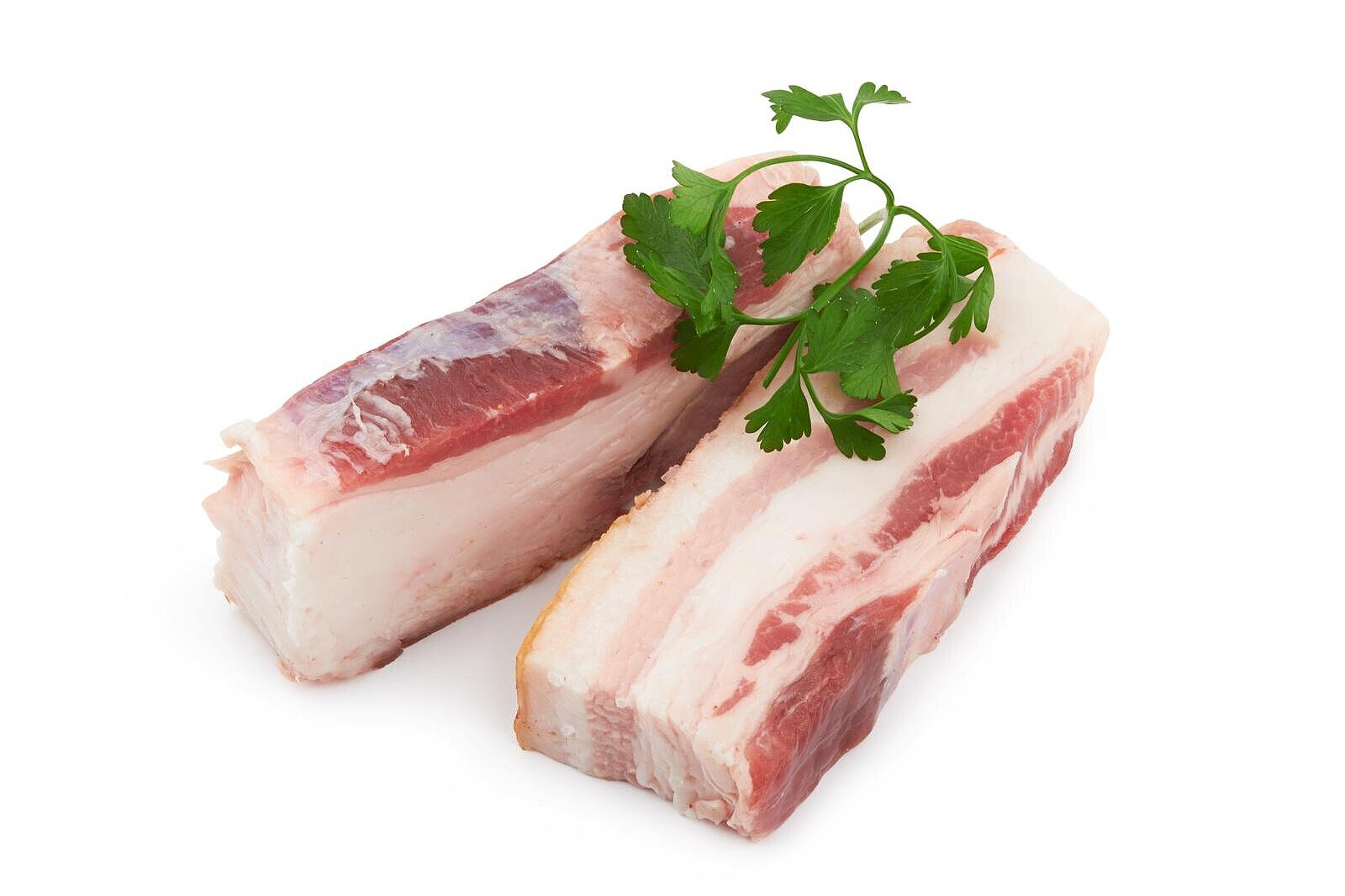Duck fat

The benefits of duck fat for dogs
Duck fat has several benefits for dogs that can make it a good addition to their diet. For one, duck fat can promote skin and coat health as it supports the formation of skin cells and hair. In addition, duck fat can improve digestion, as it facilitates the absorption of fat-soluble vitamins and strengthens the intestinal flora. Duck fat can also strengthen the immune system, as it has anti-inflammatory properties and stimulates the body's defenses. Finally, duck fat can also increase dogs' energy and stamina as it is a concentrated source of calories.
The disadvantages of duck fat for dogs
However, duck fat also has some disadvantages for dogs that should be considered. For one, duck fat can lead to overweight and obesity if fed in excessive amounts. Obesity can in turn lead to various health problems such as diabetes, cardiovascular disease or joint problems. On the other hand, duck fat can lead to diarrhea or vomiting if it is introduced too quickly or too often. This is because duck fat is very rich and some dogs can be sensitive to it. Duck fat can also lead to pancreatitis if fed in very high quantities. This is a serious condition that can be life-threatening.
How to dose and feed duck fat correctly
If you want to feed your dog duck fat, there are a few rules you should follow to reap the benefits and avoid the drawbacks. Here are some tips:
- Start with a small amount of about one teaspoon per day and observe how your dog reacts to it. If he shows no digestive problems, you can slowly increase the amount.
- Do not feed more than 10 percent of your dog's daily calorie intake in the form of duck fat. This corresponds to about one tablespoon per 10 kilograms of body weight per day.
- Only use pure duck fat without additives or spices. You can use the fat from the pan after roasting duck or buy it from a specialist shop.
- Mix the duck fat into your dog's normal food or use it as a treat between meals. You can also bake your own dog cookies with duck fat.
Duck fat can promote skin and coat health, improve digestion, strengthen the immune system and increase energy. However, it should be fed in moderation as it can lead to obesity, digestive problems and even pancreatitis. Start with small amounts and feed no more than 10% of your dog's daily calorie intake in the form of duck fat. Use pure duck fat without additives and mix it into the food or use it as a treat.
If you notice any signs of hypersensitivity or poisoning in your dog, you should see your vet immediately. We are not a substitute for a vet, but we try to be as accurate as possible. Every dog reacts differently and we recommend you get a second opinion or consult your vet if in doubt.
Stay healthy and take good care of your four-legged friend!😊
Similar to Duck fat
Poultry fat is a so-called animal by-product that is produced when poultry is slaughtered. It consists mainly of saturated and unsaturated fatty acids, which are important for metabolism and cell...
Chicken fat is an important source of energy for dogs. It provides more than twice as much energy as carbohydrates or protein. This is particularly beneficial for active dogs that need a lot of...
Benefits of lamb fat for dogs Lamb fat can be beneficial for dogs in certain situations. For example: If the dog is very active and consumes a lot of energy, lamb fat can help to meet calorie...
Turkey fat is an animal fat made from fresh turkey offal using a wet rendering process. It has a high content of unsaturated fatty acids, especially omega-6 fatty acids, which are important for the...



